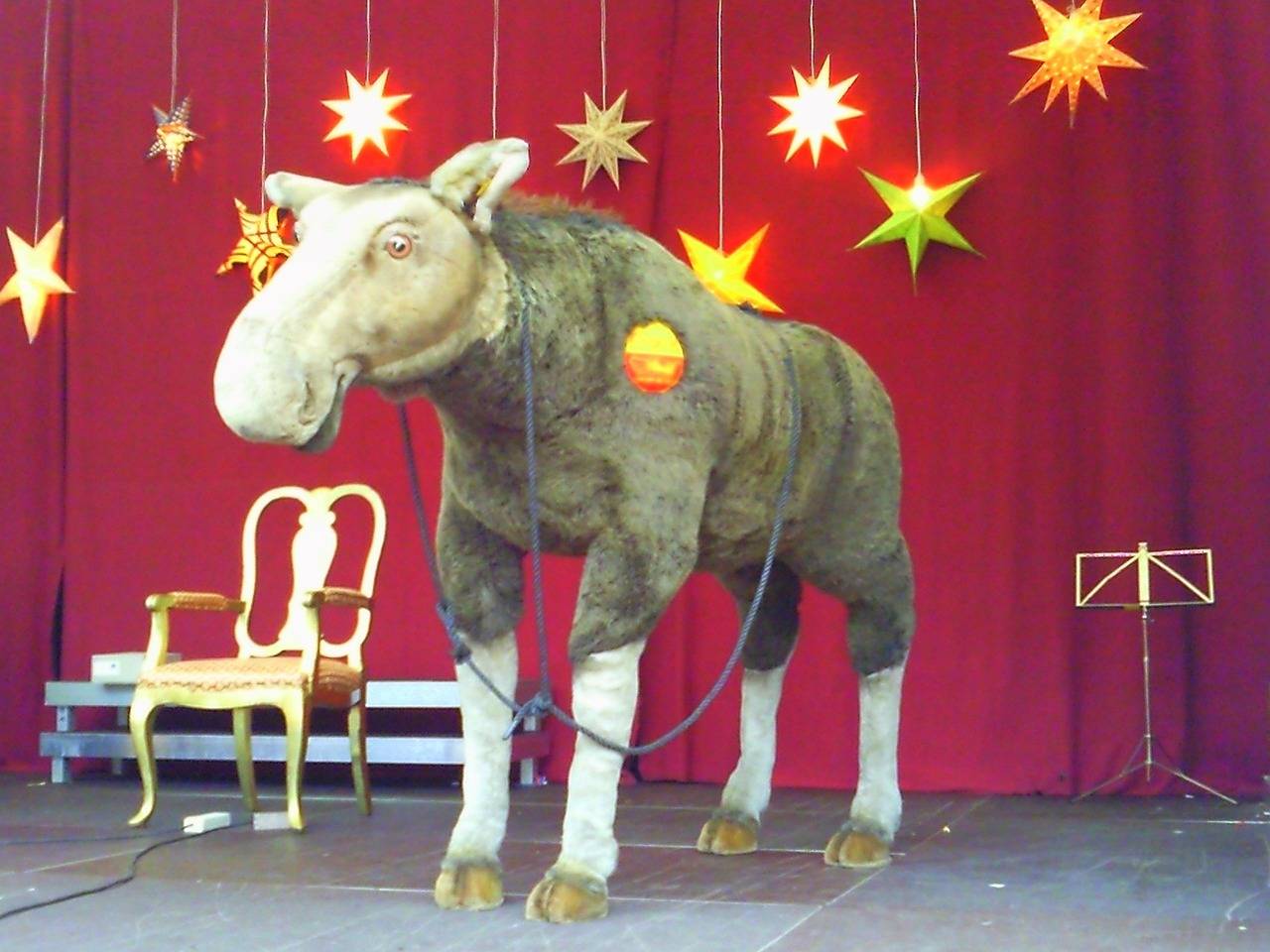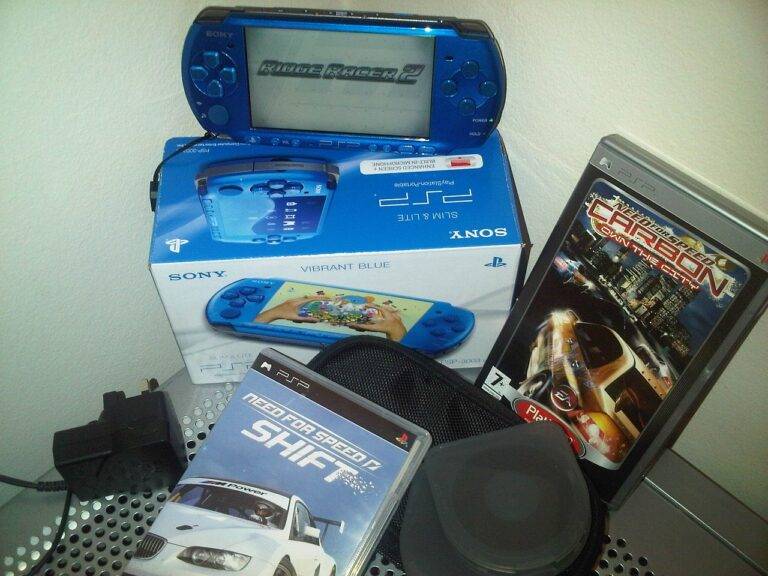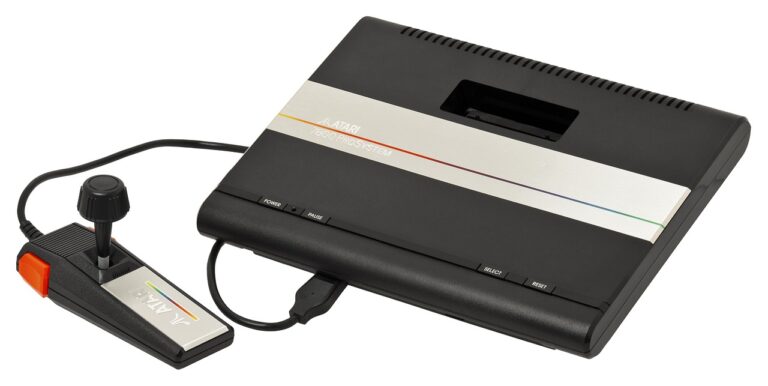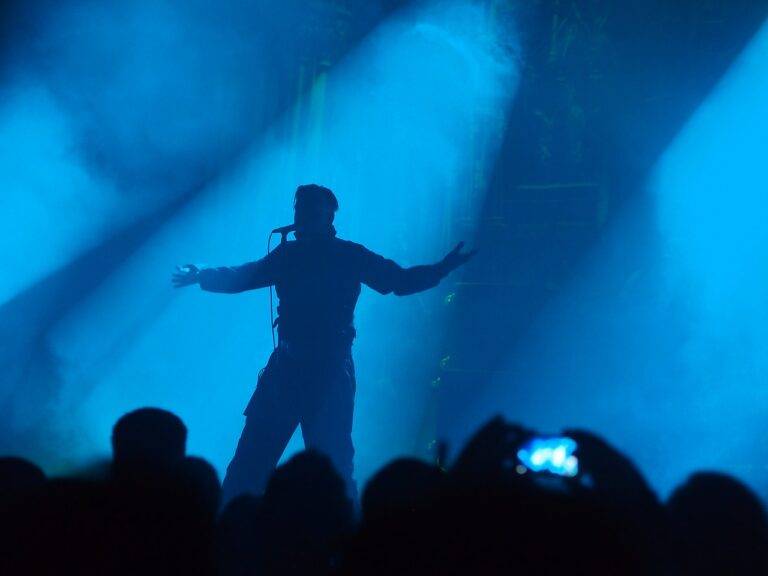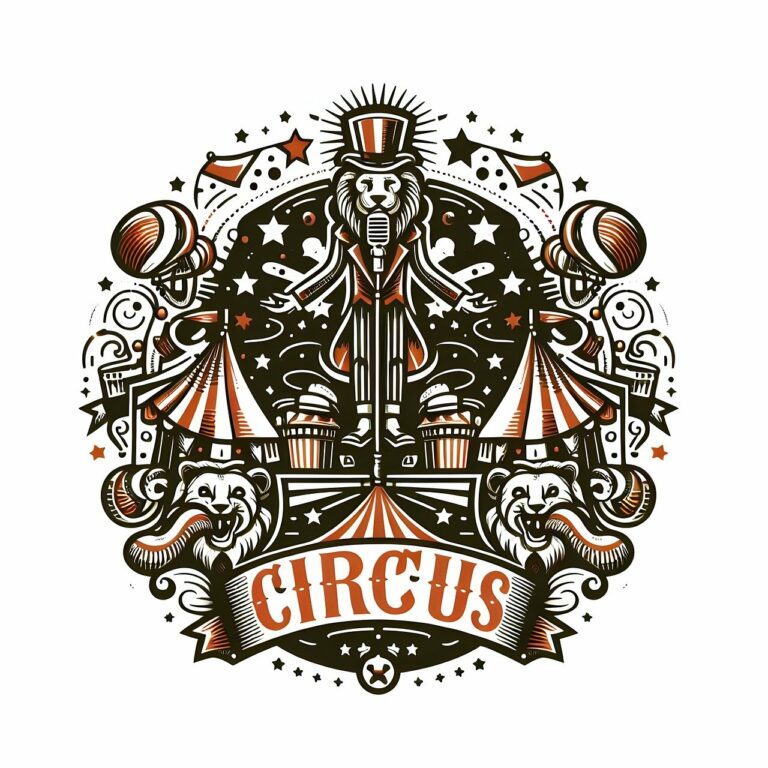Intellectual Property Rights in E-Sports: Copyright and Licensing Issues
allexch login app, 99 exch, all panel login:Digital technologies have transformed the landscape of entertainment, and e-sports have emerged as a major player in the world of competitive gaming. As with any form of entertainment, intellectual property rights play a crucial role in the e-sports industry. Copyright and licensing issues are particularly significant in this arena, where players, teams, and organizations rely heavily on their rights to protect their creations, images, and revenue streams.
Protecting intellectual property rights in e-sports is essential to ensure that creators and stakeholders can benefit from their work and investments. Copyright is a key tool in this regard, as it grants creators exclusive rights to their work and allows them to control how it is used and distributed. In the e-sports industry, copyright protection applies to various elements, such as game content, player performances, team logos, and broadcasting materials.
Licensing is another crucial aspect of intellectual property rights in e-sports, as it allows rights holders to grant others permission to use their copyrighted material in exchange for a fee. Licensing agreements are common in e-sports, where teams, players, and tournament organizers often enter into contracts to use and monetize copyrighted content. These agreements help ensure that creators and stakeholders are compensated for their work and that their rights are respected.
However, navigating copyright and licensing issues in e-sports can be complex, especially as the industry continues to evolve and grow. It is essential for all parties involved in e-sports, including players, teams, organizers, and sponsors, to understand their rights and obligations regarding intellectual property. This knowledge can help prevent disputes and ensure that creators are properly compensated for their work.
FAQs:
Q: Can players claim copyright over their in-game performances?
A: The legal status of player performances in e-sports is a complex issue, and the answer may vary depending on the circumstances. In general, players may have some rights over their performances, but these rights are often limited by the terms of their contracts with teams and organizers.
Q: Can game publishers control how their games are used in e-sports?
A: Game publishers typically retain significant control over how their games are used in e-sports, as they own the copyright to the game content. Publishers may enter into licensing agreements with teams and organizers to regulate how their games are used in tournaments and broadcasts.
Q: How are licensing agreements enforced in e-sports?
A: Enforcing licensing agreements in e-sports can be challenging, as the industry is global and decentralized. However, parties can use legal means, such as arbitration and litigation, to resolve disputes and enforce their rights under licensing agreements.
In conclusion, intellectual property rights are crucial in the e-sports industry, where creators and stakeholders rely on copyright and licensing to protect their work and revenue streams. By understanding their rights and obligations regarding intellectual property, players, teams, and organizers can navigate copyright and licensing issues effectively and ensure that the industry continues to thrive and grow.

